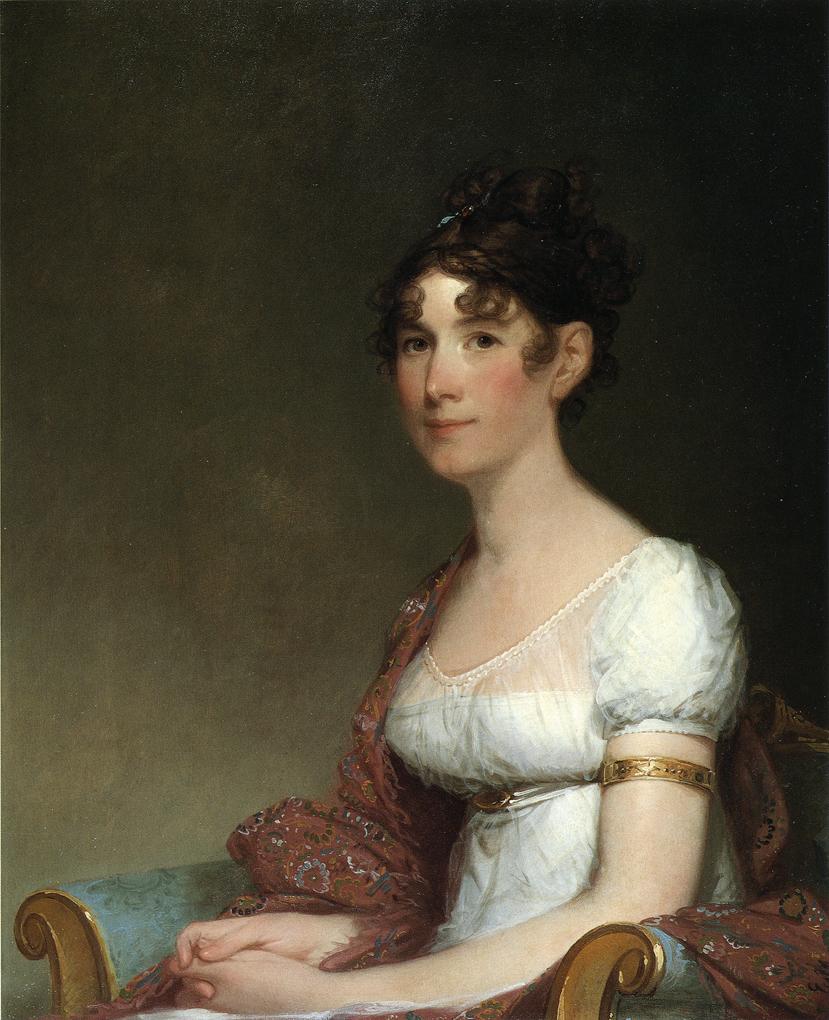Charity and Reason
DEAN ERICSON writes:
The ordeal of Elizabeth Smart’s kidnapping and rape began when her mother gave a panhandler five dollars. That act of Christian charity was then followed by another when Mrs. Smart offered panhandler Brian Mitchell to come work on her property raking leaves and fixing a skylight. The horror that resulted is well known. So if it may be true that angels will come in disguise to test us, as your commenter Mike suggested, it is also true that devils will do the same. If everyone followed a policy of giving to every panhandler the streets of our cities would quickly fill with a horde of them. The sure result would be social chaos and danger as the flock of sheep was fleeced by legions of flim-flam men, psychopaths, drug addicts, petty criminals, and perhaps even the occasional genuine worthy beggar. (more…)




